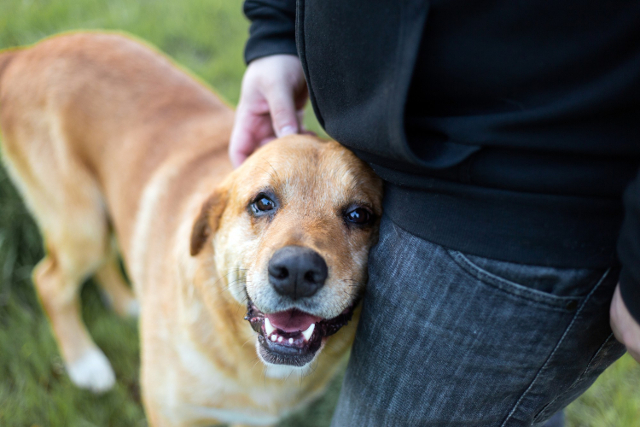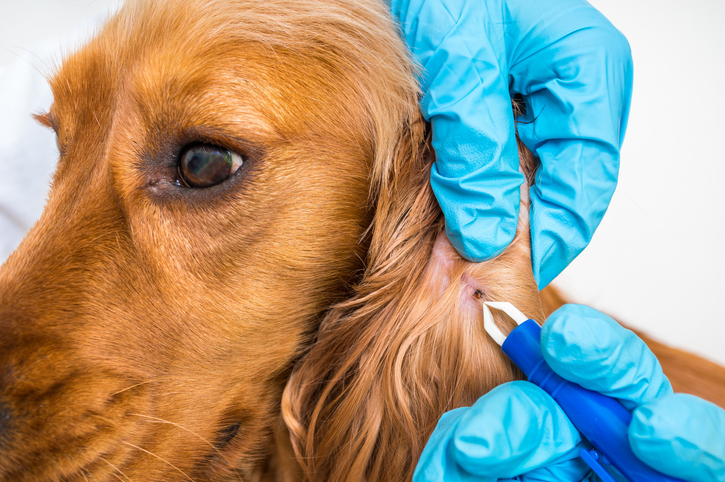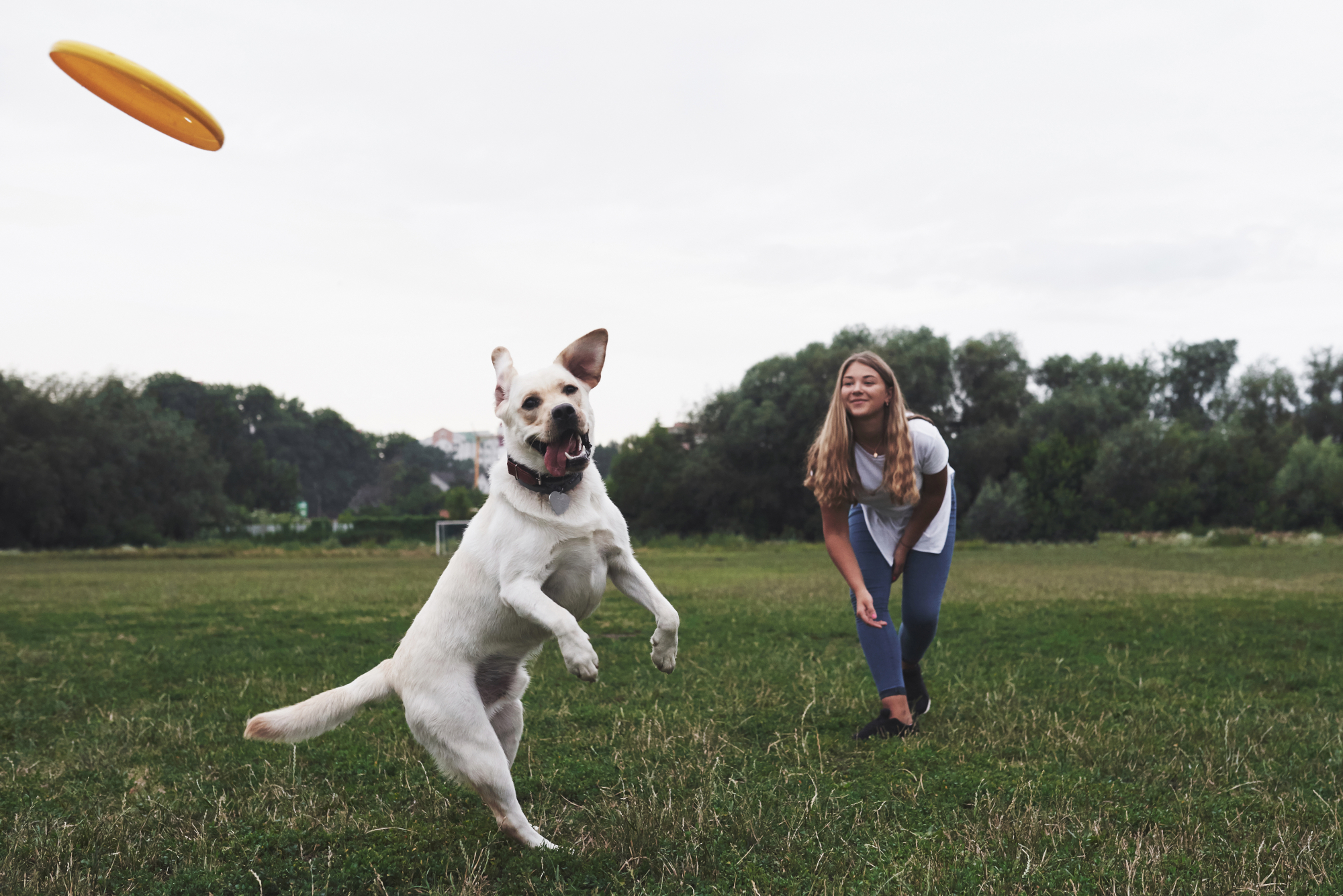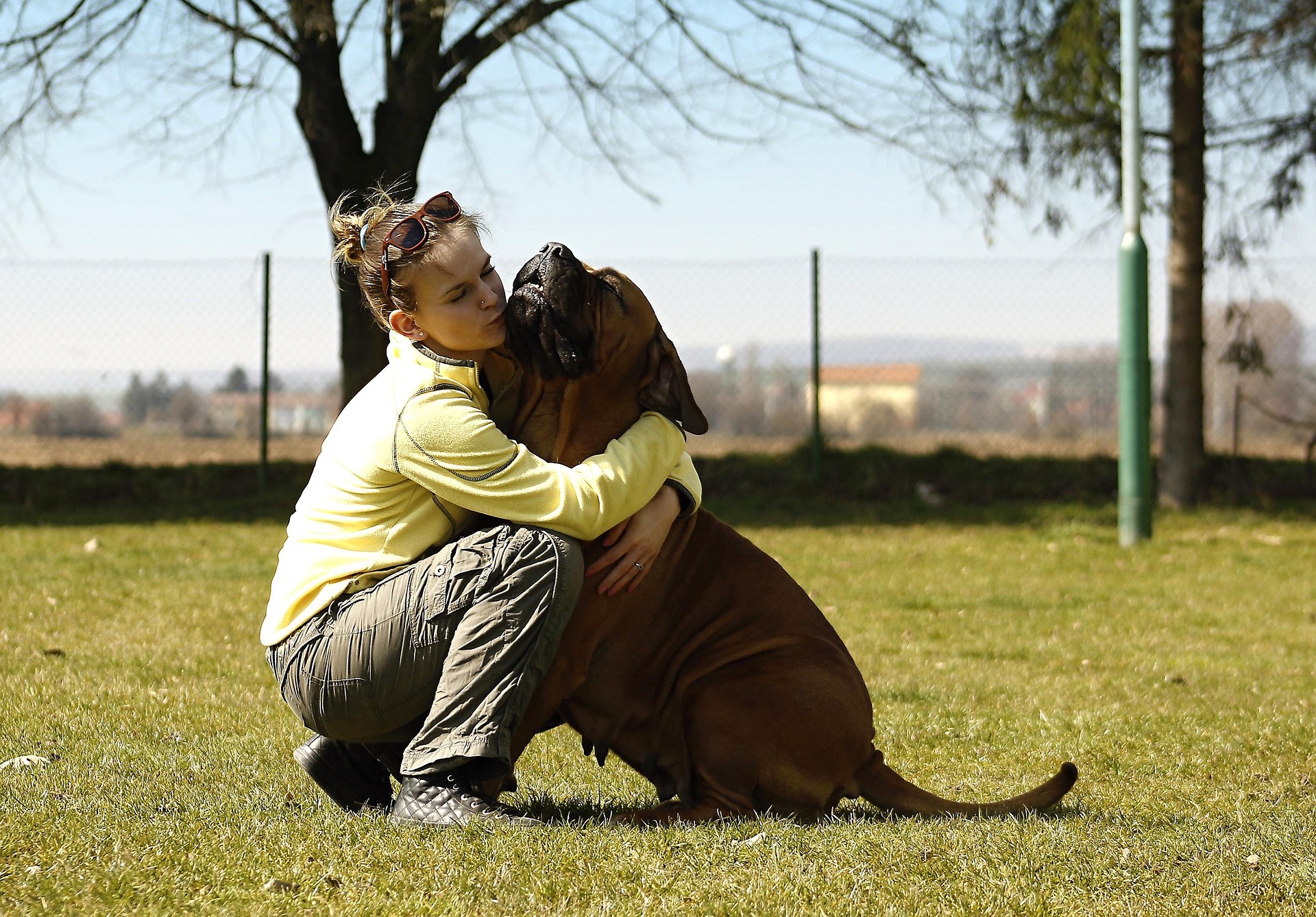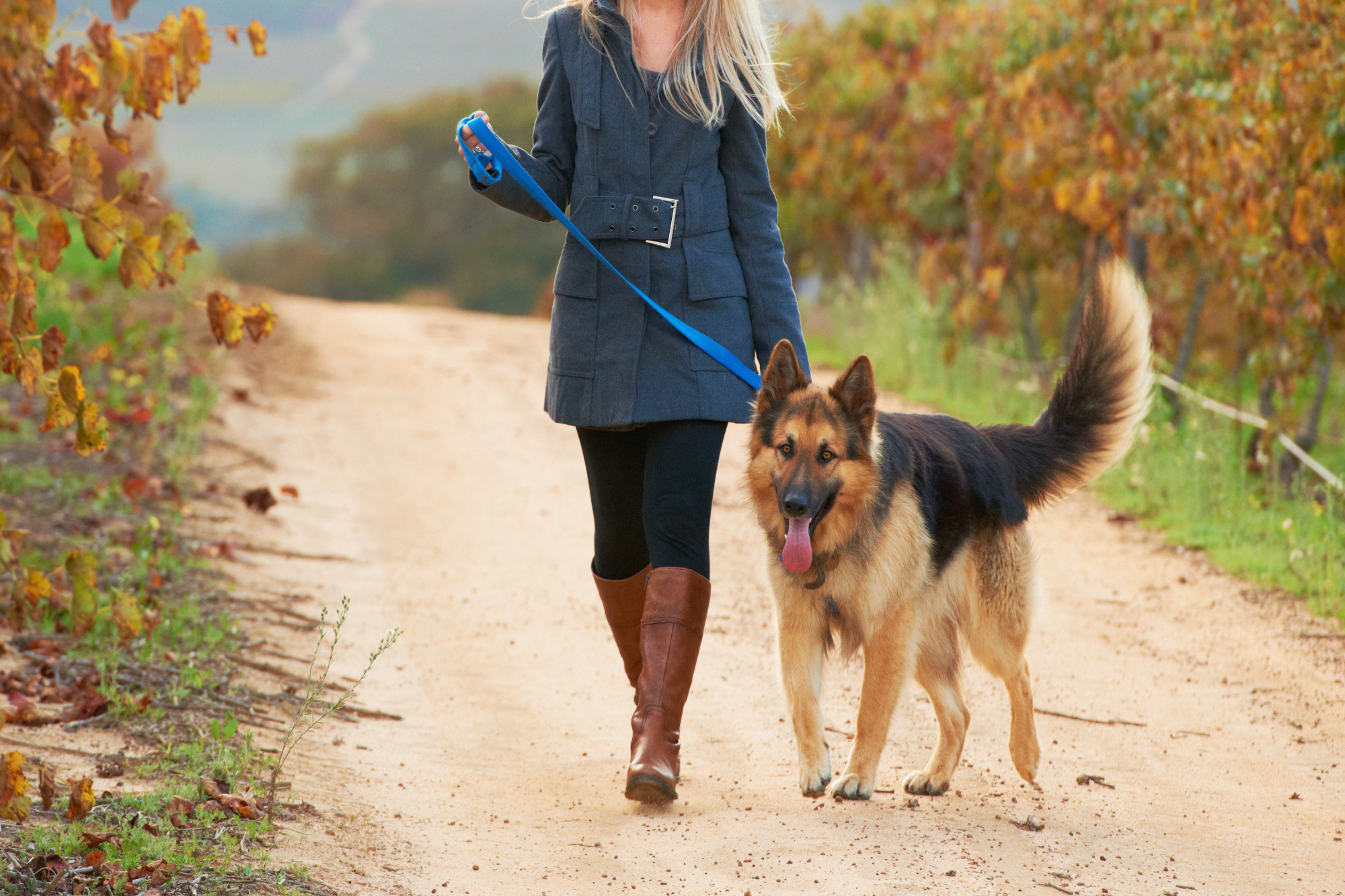Dogs are often characterized by their endless energy, happy nature, and easy disposition. And while this is normally true, things can become a little more complicated when a dog reaches their senior years. As a dog ages, it can be more of a challenge to make sure they’re taken care of, thanks to more complex health needs. But it goes without saying that even the oldest dogs deserve our utmost love, care, and respect. With that in mind, here’s the first of our multi-part series covering our senior dog care tips for your aging pooch.
What happens when a dog gets older?
Just like people, our canine friends can experience the full spectrum of new challenges and difficulties as they age. One thing to keep in mind is that the age at which a dog is considered a ‘senior’ varies depending on the breed. Small breeds, like Malteses, Shih Tzus, and Dachshunds are typically not considered senior dogs until they’re ten years or older. Medium breeds such as Retrievers are considered senior a few years earlier, around six to eight years. Giant breeds like Great Danes and Mastiffs are considered senior at only five to six years of age. Keep in mind that these estimates are just guidelines and can vary even more depending on genetics, as well as the lifestyle of your dog.
Whatever breed of dog you have, the signs of aging are fairly consistent across all of them. Common changes include:
- Decreased energy
- Sight problems (eg. cataracts)
- Hearing loss
- Organ difficulties (eg. kidneys, liver)
- Weight gain
If your dog is starting to reach their golden years, it’s time to start adjusting their (routine and yours) in order to make them as comfortable as possible.
Ensure your dog’s comfort in their environment
Like people, senior dogs tend to be more sensitive to extreme temperatures. This is because they’re less able to thermoregulate as they get older. To combat this, ensure they’re kept at a comfortable temperature as often as possible. If it’s cold in the house, consider getting them a sweater or other garment to keep them warm. In colder winter months, limit their time spent outside and keep a close eye on your dog to ensure they’re comfortable.
In the warmer months, it’s equally important to make sure your dog is kept cool. Avoid leaving them outside for long stretches of time in the heat. Not doing so can lead to dehydration and all kinds of further problems.
Choose an age-appropriate diet
As your dog changes in old age, their diet should as well. Often, a lower-fat, lower-calorie dog food is preferred for older dogs. Your veterinarian will be able to provide you with specific recommendations for food in order to meet your dog’s unique health needs. In general, don’t make any changes to your dog’s diet without your vet’s go-ahead, as changes can lead to unexpected issues later on.
Also, you should be cautious about dog food that’s marked as being specifically made for older dogs. While there is some regulation on what goes into these formulas, similar to food that’s especially made for puppies, there’s not enough oversight to act as a guarantee. When in doubt, always talk to your veterinarian when choosing food for your senior dog.
Carefully regulate exercise
Exercise is very important at all stages of a dog’s life. Not only does keeping them at a healthy weight reduce their risk of organ failure, diabetes, heart disease, and more, but also the added strain of excess weight can put stress on their joints, causing pain and perhaps more serious issues such as arthritis.
At the same time, you should take care not to overwork your senior dog. They are no longer puppies after all, so just make sure you don’t push them too far. Be patient with your dog, and work your way up to more strenuous activities, depending on how they’re doing with your current routine.
Check in with your vet regularly
One of the best things you can do for your senior dog is to regularly book them to see your veterinarian. As a dog gets older, their immune system will weaken, leaving them more prone to illnesses and diseases that they’d otherwise be able to fight off. By getting them seen regularly by your vet, you can stay on top of their health and address any issues right away before they become more serious. A good rule of thumb is to take your senior dog into your family vet office at least once a year, unless otherwise specified by your vet.
Keep up with grooming and dental care
Senior dogs can develop irritated skin more frequently as they age, which can lead to a lot of discomfort for your pooch and not to mention dull the luster of their shiny coat. Brush them regularly to prevent matting and tangling, and use natural shampoos to nourish their hair and skin.
Similarly, ensure you keep up with your dog’s oral care. Older dogs who have had insufficient dental care throughout their life can start to lose teeth, which can make eating more difficult and even potentially lead to infections. Regular annual exams will help assess dental health for your dog.
Accommodate your dog wherever possible
Depending on your dog and any special health conditions they may develop as they age, it may be necessary to adapt your home to make it as accommodating, comfortable, and accessible for them as possible. Dogs with sight problems might have a hard time finding their bed, so keep it in an easy spot and don’t move it around on them. Similarly, ensure their bed is soft and comfortable and that it provides the support they need to avoid any joint pain.
Dogs with joint problems might have trouble getting up and down stairs, so keep their food, water, and bed at the same level so they’re always able to get what they need. If stairs are unavoidable in your home, you could consider buying or putting together a ramp in order to make them a little easier for your pooch. Dogs also have an easier time walking on carpet than on hardwood or tile, so consider adding some rugs to ensure they’ve got good footing.
Cherish your time together
There’s no getting around it—watching your dog age can be really, really hard. After years of delighting in their playful energy and boundless excitement, it can be a real challenge to adjust to life with a senior dog with less energy. Nevertheless, one of the best things you can do to make a senior dog feel comfortable is to spend as much time with them as you can.
Older dogs, particularly ones that are losing mental clarity, can easily get anxious when their owner isn’t by their side for long periods of time. If you can’t always be with your pet, try and ensure your dog always has a trusted family member or friend nearby, and cherish the time you two can spend together. In short, treat them like the beloved best friend that they are.
Aging can come with all kinds of additional complications for you and your dog. You may need to make adaptations to your routine that you never considered before. With all that in mind, it’s a great idea to ensure you’re well supported to take the best possible care of your furry friend. One of the best ways to do this is to keep in regular contact with your veterinarian. They can provide guidance, reassurance, and make recommendations as necessary to ensure your dog’s senior years are as comfortable as possible.
Stay tuned for the next part of our senior dog care series on our blog.
Creative Commons Attribution: Permission is granted to repost this article in its entirety with credit to Hastings Veterinary Hospital and a clickable link back to this page.

